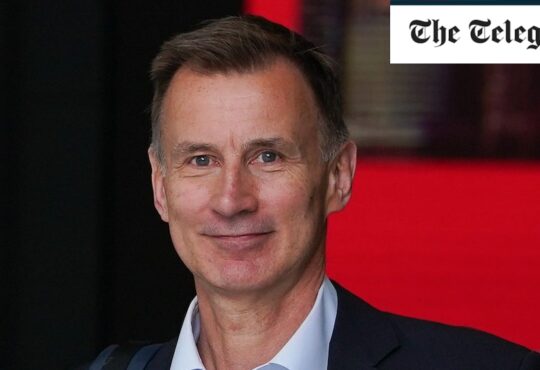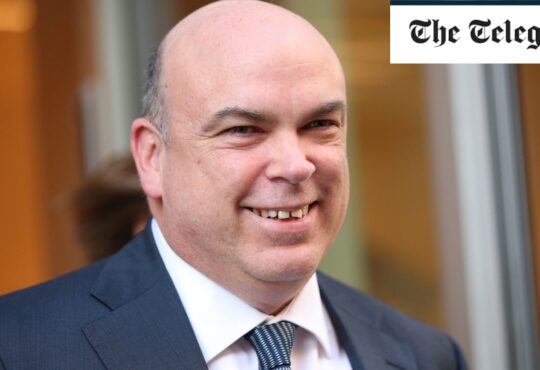
David Bell, the current chairman of the Migration Advisory Committee, says international students are also barred from taking benefits and pay more in the immigration health surcharge than they are likely to use.
Manning says an inability to work means asylum seekers make a negative fiscal contribution because they cannot pay taxes. But he points out that Britain takes refugees for humanitarian reasons, not because of their economic contribution.
Around 70 to 80pc of asylum applications are approved, particularly after appeals are factored in, Bell says.
The Migration Advisory Committee has urged the Government to allow asylum seekers to work after six months, even if their claims have not been processed, but it rejected their recommendation.
Currently, most are unable to do so until their claims are heard, and wait times are on the rise.
Bell says it is becoming more common for applications to take longer than 12 months. In these cases, asylum seekers can apply to the Home Secretary to work, but only on certain types of jobs.
The Committee believes the take-up numbers are extremely small as the rules as too restrictive. Bell says asylum seekers tend to earn less when they are finally able to work and are less likely to be employed, so better integrating them into the labour market early is a way to close the gap.
Critics of high immigration levels argue that additional costs of migration are not always factored in by advocates.
In a recently published report by the Centre for Policy Studies think tank, authors Karl Williams and Nick Timothy said immigration is contributing to a housing shortage, which is one of the factors driving declining birth rates.
If the population is rising and more housing is not being built to accommodate this, Bell agrees it is a problem. But he says the obvious response is to build more homes.
“As a country we are completely failing, and we have failed for decades, to build the number of houses the British people need, which is why house prices have gone up so much, and why people find it hard to get on the housing ladder,” he says.
The Government has repeatedly missed its target of building 300,000 homes each year. Bell says the argument that migrants use up public services is “silly” because it often forgets that they pay taxes and work in these fields. In the last quarter, around 70pc of all visas for work went to the health and social care sector.
The right number of migrants
Manning says a “realistic” level of net migration for the UK would be around 200,000 people a year, but even 600,000 would not be impossible to sustain if the infrastructure was put in place.
He says the plan to send illegal migrants to Rwanda “has zero chance of working”. “You can’t do that much about refugee migration,” he says. “You may want to have low numbers, but it’s not really up to you.”
In 2022, around 46,000 people were detected crossing the English Channel in small boats in 2022, according to The Migration Observatory at the University of Oxford.






